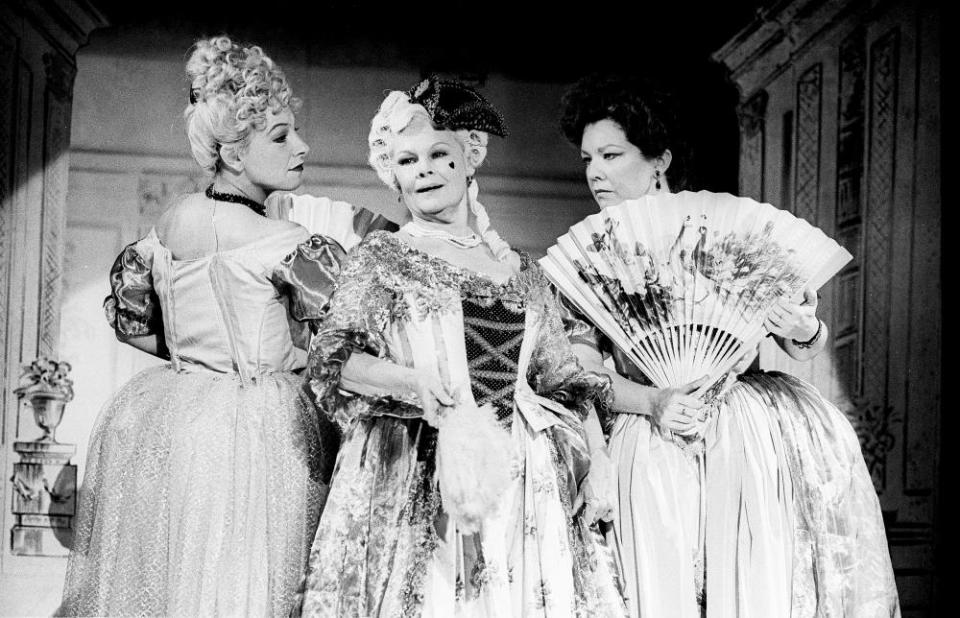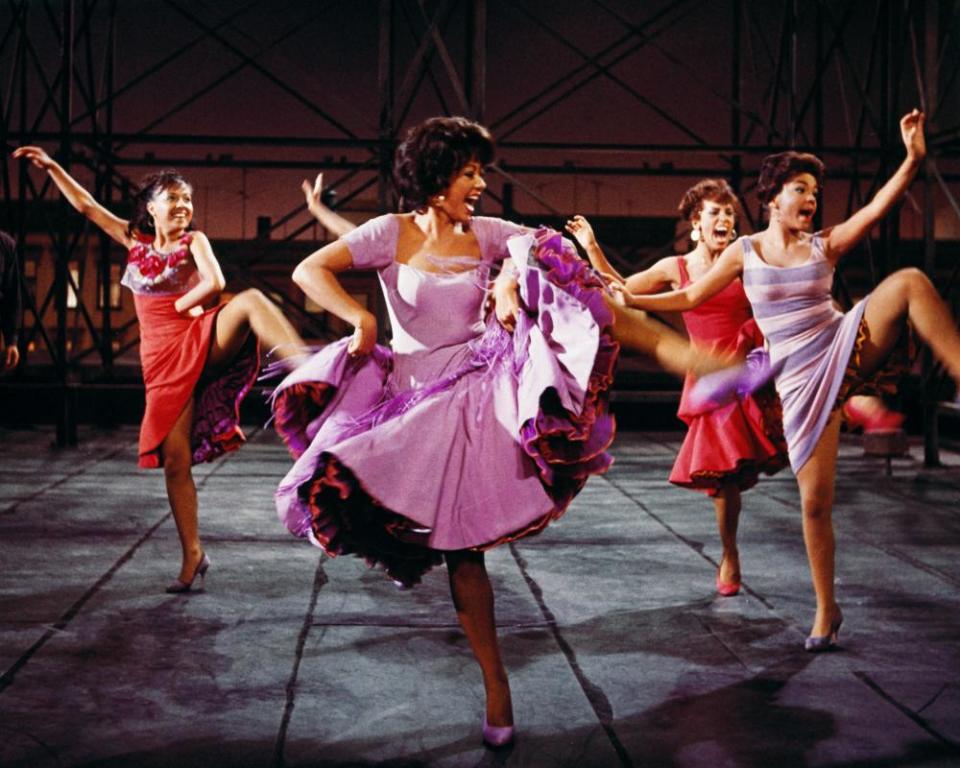‘I’m a great audience – I cry very easily’: Stephen Sondheim in his own words

In these extracts from interviews published in the Guardian and the Observer, the musicals maestro – who has died aged 91 – talks about rhyme, reviews and risk
People say I always write about such neurotic people. Well, tell me a Shakespeare play that isn’t about neurotic people. That’s what drama is. No problems, no drama. All works of narrative must have a point to do with the consequences of one’s action. If it turns out well it’s comedy; if badly, tragedy.”
July 1987
I like that twilight zone between what we call musicals and what we call opera. Song is the key word. I believe in songwriting.”
July 1987
I love treating words as if they were just counters on a table, to be moved around … I also like hiding rhymes, tucking them in the middle of lines where no one spots them. I don’t see it as subversive. What have you got to lose?”
September 1995

Every time I see A Little Night Music, I trudge in like a schoolboy to class. Then I’m always surprised by how much I like it. It never fails.”
March 2003
I’ve never thought for one minute: oh this line, oh this dissonance is going to turn this audience off. I’d better change it. Not once. That’s a fool’s game. To try to prejudge while you’re writing is a waste of time.”
December 2010
I’m a great audience. I cry very easily. I suspend disbelief in two seconds.”
December 2010

I’ve always sipped something when writing lyrics, because it’s the words that are difficult. Writing music is hard, too, but you can always just sit at a piano and move your fingers around the keys – even if you’re not writing, you feel like you are. Lyric-writing is all sweat.”
November 2012
I try not to read my reviews, but there’s always some friend who’ll come along and, under the guise of trying to comfort you, let you know that you’ve been speared.”
November 2012
Writing a scene is one thing; writing a song is another. Writing a song you are restricted; you have certain rhythms and meters and rhymes. You can’t just go [he makes a retching sound] – whereas you can write a scene that should be two pages long and is eight pages, and just vomit on the page and then you cut back and edit and go to your collaborator. But that’s not the same thing.”
July 2016

I don’t think the theatre is about converting people to new ideas. I think it’s about confirming ideas you have by dramatising them and making them human
July 2016
I learned from Oscar Hammerstein, my mentor, that the whole point is to underwrite not overwrite because music is so rich an art itself. Poetry makes, generally, very poor lyrics unless you’re dealing with a certain kind of show. It’s too allusive, that’s not what you want.
September 2017
West Side Story opened out of town. By the time we got to New York the audience had heard the show was a “work of art” and sat as if at church. The first half hour was just deadly. They forgot they were at a musical until the girls came on and did some fancy dancing and shook their skirts for America. The reviews were great but the danger is always: don’t get complacent.”
September 2017


